Rebars or steel reinforcement bars are used to enhance the tensile strength of concrete, as concrete is very weak in pressure, however strong in compression.
Steel is used as rebar as a result of the elongation of the steel is nearly equal to that of the concrete due to the excessive temperature (thermal expansion coefficient).
Grades of rebars in different codes as follows:
| American Standard (ASTM A 615) | Euro Standard(DIN 488) | British Standard BS4449: 1997 | Indian Standard (IS: 1786) |
| Grade 75 (520) | BST 500 S | GR 460 A | Grade Fe – 415, Fe – 500, Fe – 500D |
| Grade 80 (550) | BST 500 M | GR 460 B | Grade Fe – 550 |
Types of Steel Reinforcement Bars or rebars:
Major types of metal bars used within the construction are as follows:
1.Mild Steel REBarS:
The surface of the mild metal bar is plain and spherical in shape, they are obtainable in various sizes from 6mm to 50mm.
They are used in concrete for particular purposes such as dowels on enlargement joints where bars should slide into steel or paper sleeves, for contraction joints inroads, and for column spirals.
They are easy to chop and bend without damage.
For structural buildings such as bridges and other heavy constructions, a gentle steel bar is not beneficial as there is no bond between concrete and metal, slippery and strength.
2.Deformed Steel REBarS:
Deformed steel bars have ribs, grooves and indentations on the surface of the bar that reduces the major drawback caused by mild steel bar caused by slippage and good bonding are achieved between concrete and rebar.
Tensile properties are higher than different rebars, these bars are produced in sections ranging from 6 mm- 50 mm diameter.
Types of Deformed Steel Bars:
A) TMT Bars:
Thermomechanically treated bars are hot treated bars that may be excessive within the energy used in reinforced cement concrete (RCC) work.
They are latest induction in MS steel bar with strength, ductility, welding capacity, bending capacity and internationally highest high quality standards.
B) High Strength Deformed Bars:
They are chilly metal straps which have lugs, ribs, projections, or deformations on their floor.
It is used extensively for reinforcement functions in construction, these bars are manufactured in sizes or squares of 4 mm to 50 mm in diameter.
C) Welded Wire Material:
These bars are made from a sequence of metal wires arranged at proper angles and electrically welded at all metallic wire crossings.
It may be used in slabs where the bottom has been compacted correctly.
Additionally, used in street pavements, box culverts, drainage construction and small concrete canals.
D) Other Rebars:
Depending on the type of materials used within the manufacturing of rebar, there are various types of rebars as follows:
European Rebar:
European rebar is the product of manganese, which bends them easily.
They are not suitable for use in areas that might be prone to excessive climate conditions or geological impacts such as earthquakes, hurricanes or tornadoes.
The price of this rebar is low.
Carbon Steel Rebar:
As the name suggests, it is the product of carbon steel and the black bar is often known for its carbon colour.
The primary drawback of this rebar is that it is concrete that adversely impacts the concrete and the structure, while the tensile strength ratio with the value makes black rebar the best choice.
Epoxy-coated rebar:
The epoxy-coated rebar is black rebar with an epoxy coat that has identical tensile strength however is 700 times extra resistant to corrosion.
However, epoxy coating is extremely fragile; the larger the damage to the coating, the much less resistant to corrosion.
Galvanized Rebar:
Galvanized rebar is simply 40 times extra resistant to corrosion than black rebar, however, the coating of galvanized rebar is harder to damage.
It has more value than epoxy coated rebars, however they are 40% costlier.
Glass-fiber-reinforced-polymer (GFRP):
They are product of carbon fiber.
As it is a product of fiber, bending is not permitted and it is very proof against corrosion as well as they expensive compared to various rebars.
Stainless Steel Rebar:
These rebars are more expensive than reinforcing bar as it is about 8 times the value of epoxy-coated rebars, it is usually the best rebar available for many tasks, however probably the most unique of circumstances is commonly overkill.
However, for those who have the purpose to use, stainless steel is 1,500 times extra proof against corrosion than black bars.
It is extra resistant to damage than another corrosive-resistant or corrosive-proof type of rebar, it could also be bent within the field.
Expanded Metal or Wire Mesh Rebar:
Expanded metal or wire mesh reinforcement can also be a good product for concrete.
The expanded metal are made by shielding the sheet of steel in parallel lines, which is expanded to form a diamond shape or square shape between its cuts.
Sometimes they are used as a reinforcement in areas where the considerable thickness of plaster is required or to reinforce lightweight concrete construction.
Wire mesh reinforcement can be used on pavements, small concrete pads or moveable surfaces.
Conclusion:
Rebars are typically steel bars with high tensile strength by processes such as HYSD or TMT in addition to steel, reinforcement bars of basalt and bamboo exist, but they are not widely popular.

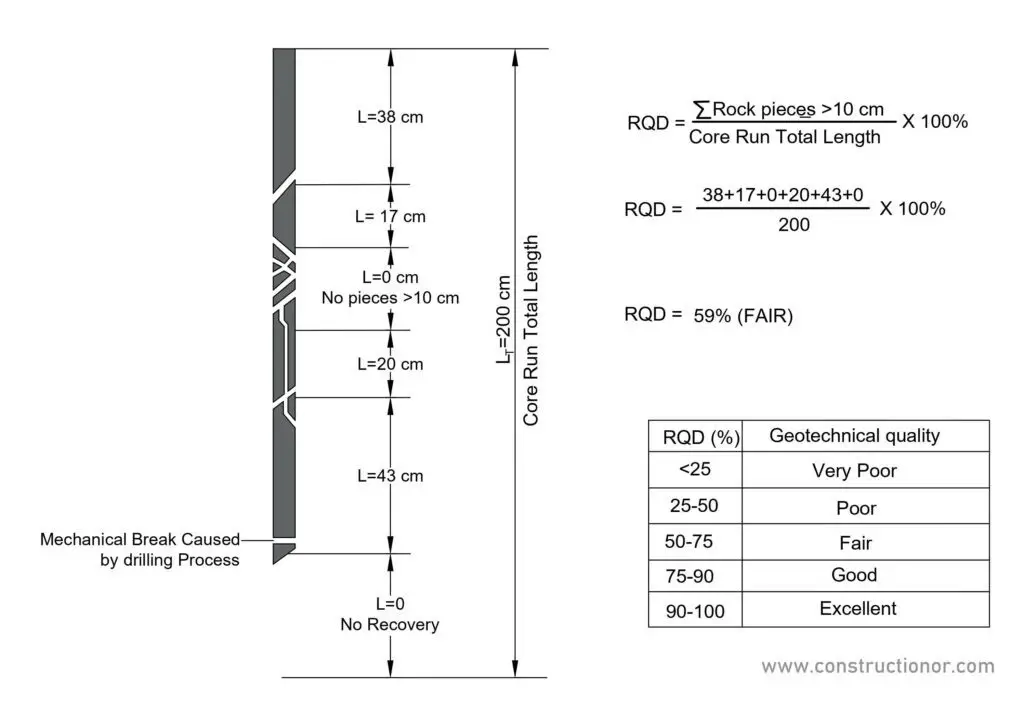
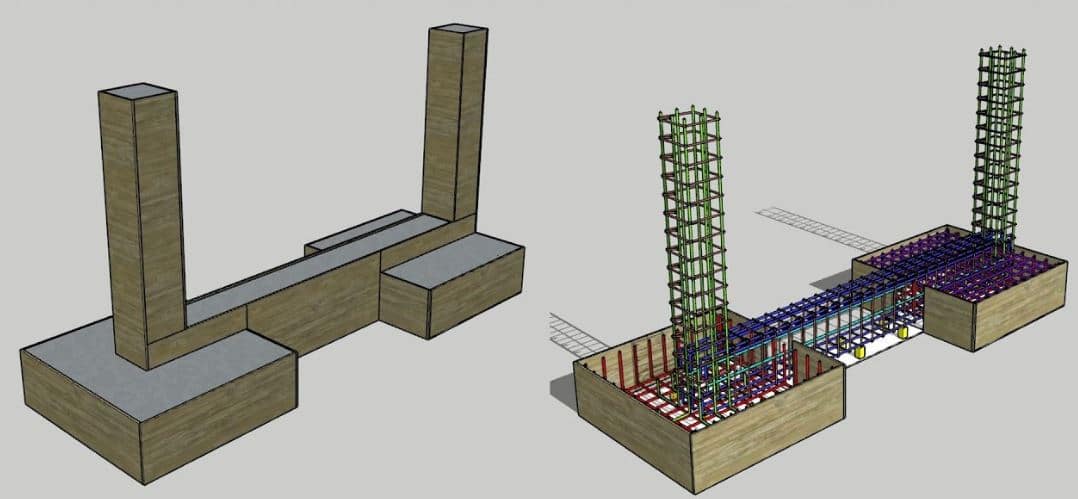
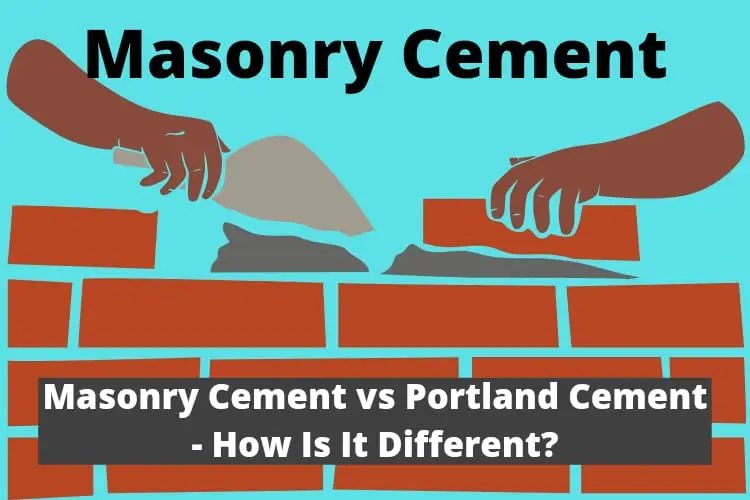
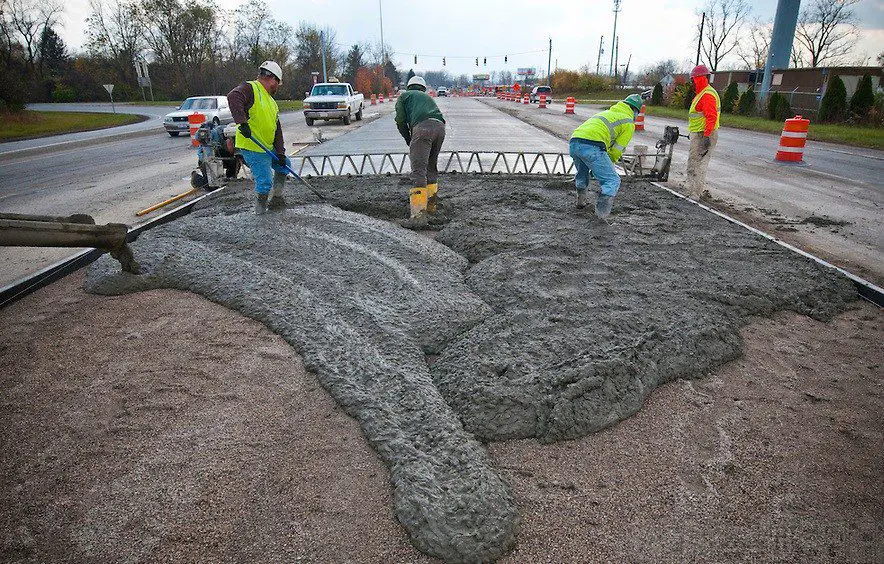
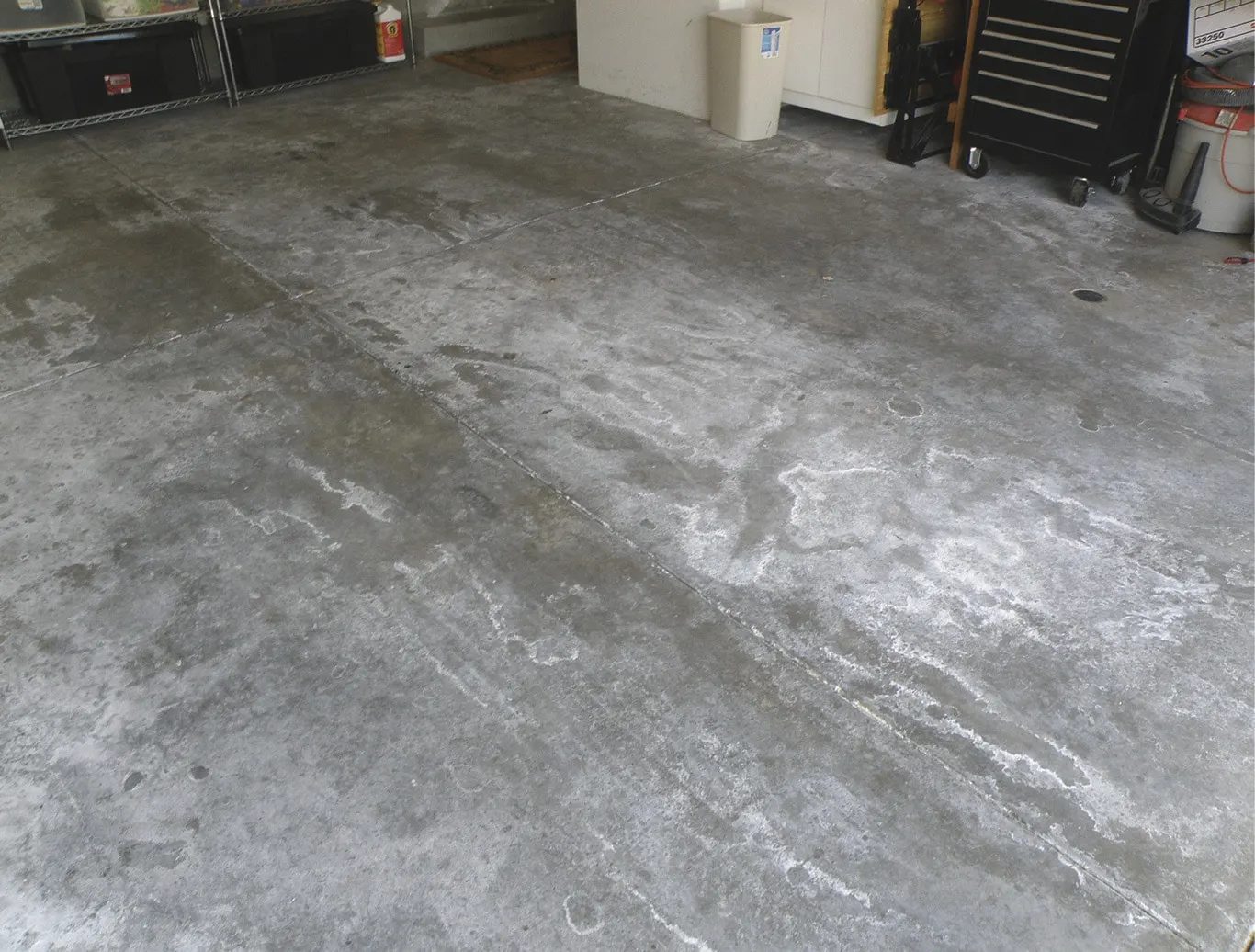
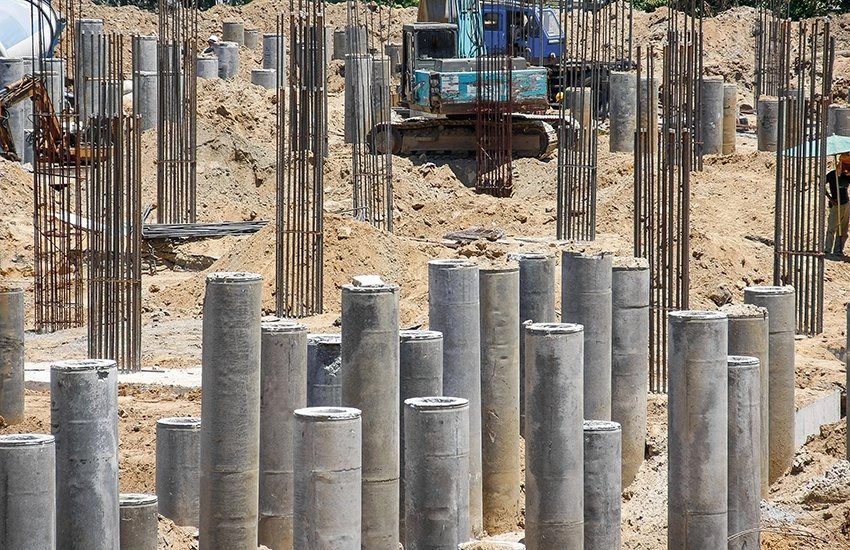
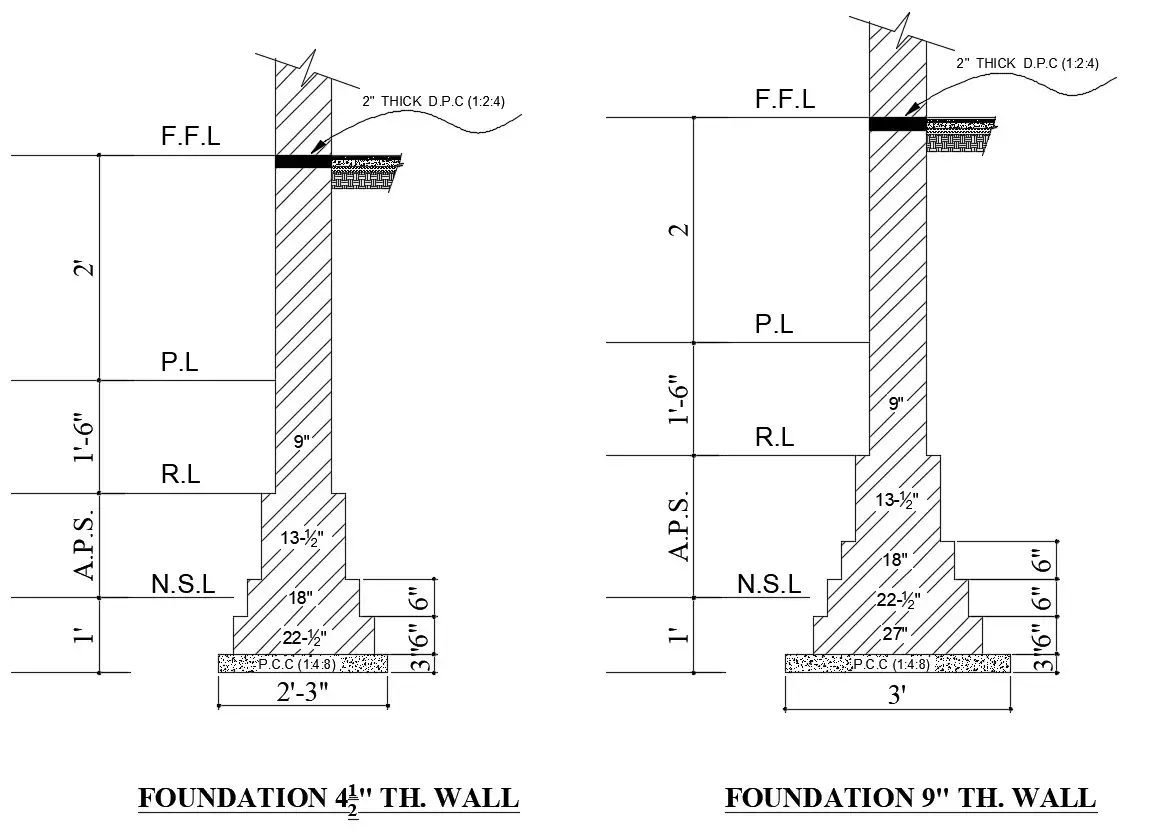
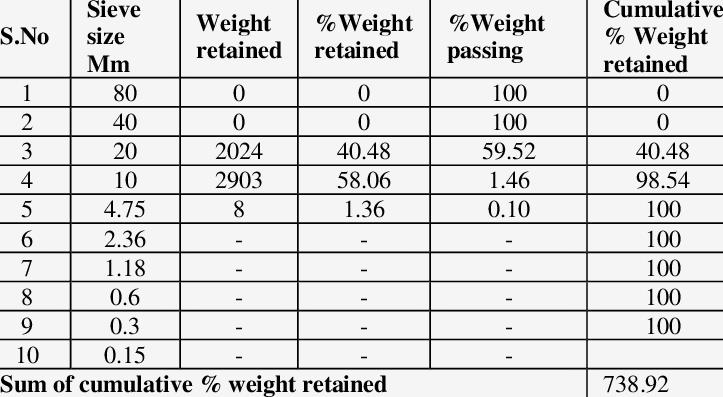
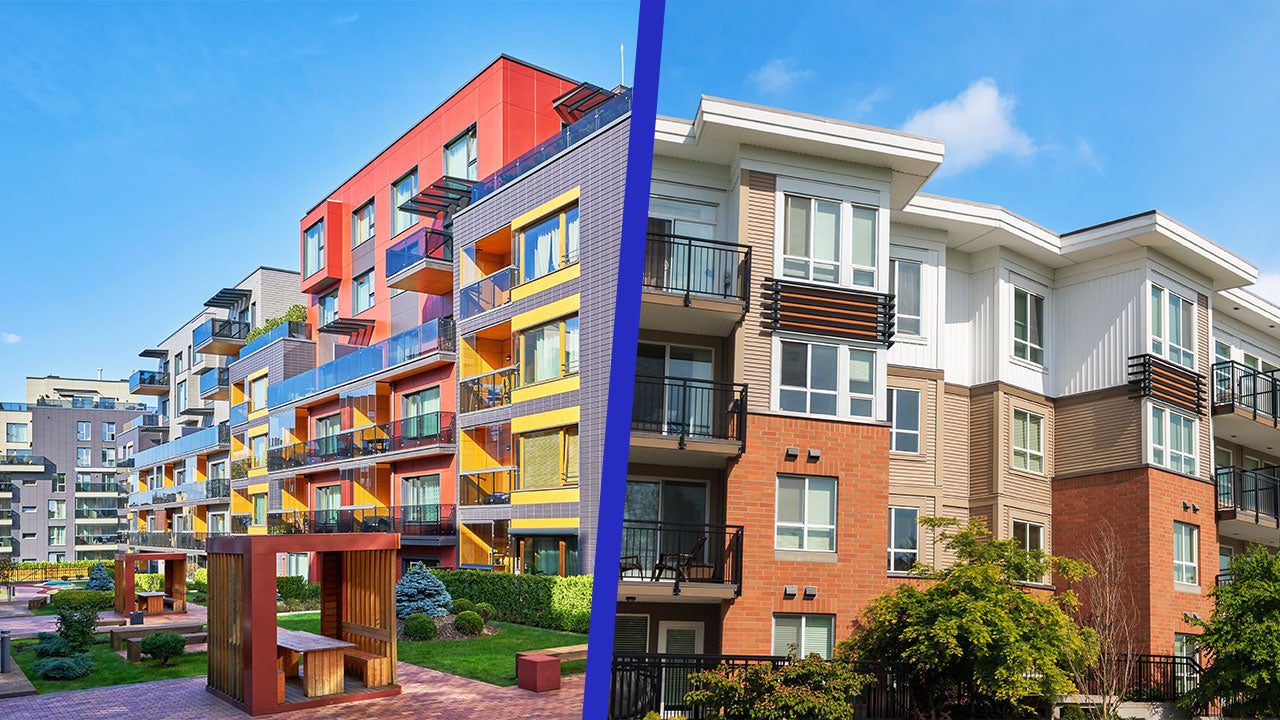
Thanks for your wonderful article.